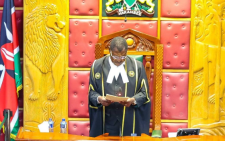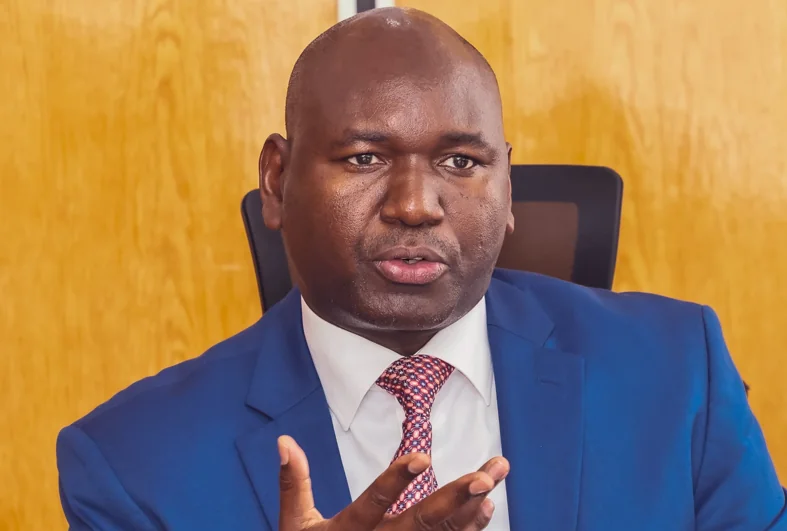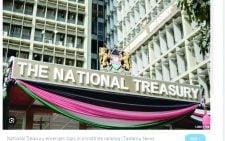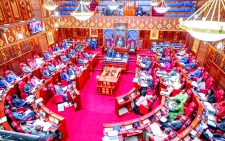Kenya’s fiscal policy needs reforms to boost growth, jobs, and sustainability – report
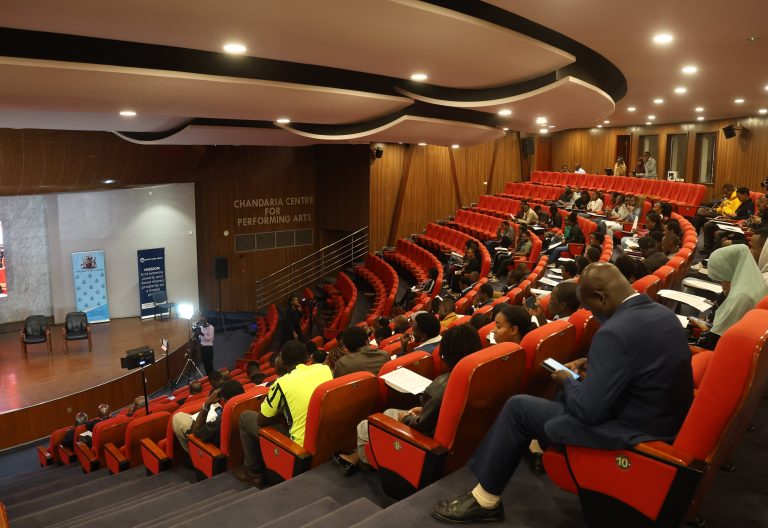
Kenya’s fiscal policy could be optimised to boost job creation, enhance public services, strengthen citizen trust, and drive inclusive economic growth, according to the latest Kenya Public Finance Review (PFR) – Beyond the Budget: Fiscal Policy for Growth and Jobs.
The report highlights the need for stronger governance to curb fiscal leakages that erode public confidence and structural reforms to enhance productivity amid fiscal consolidation. It projects that proposed reforms could reduce Kenya’s debt-to-GDP ratio to 44% by 2035, aligning with mid-2010 levels.
Need for fiscal and governance reforms
Kenya’s fiscal challenges stem from its evolving economic structure over the past 15 years, coupled with governance and socio-political issues. With high public debt, rising interest payments, and an economic slowdown, urgent fiscal consolidation is critical.
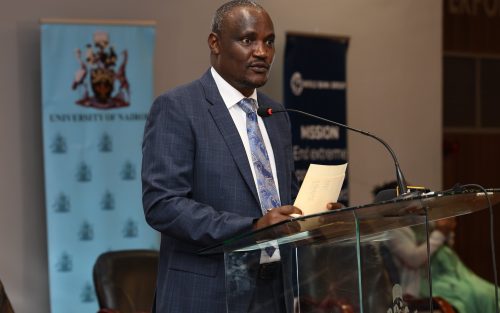
However, austerity alone is inadequate and lacks public support.
“Kenya faces a high risk of debt distress, requiring decisive reforms to ensure debt sustainability while fostering growth and jobs,” Qimiao Fan, World Bank Division Director for Kenya, Rwanda, Somalia, and Uganda said.
The report suggests broadening the tax base through measures like streamlining tax exemptions, promoting formalization, reforming property taxes, and improving compliance, potentially generating an additional 4% of GDP in revenue.
On the expenditure side, enhancing efficiency and equity in public spending—through better public financial management, procurement, public-private partnerships, state-owned enterprise reforms, and subsidy rationalization—could save about 1.7% of GDP. Reforming the wage bill and increasing investments in social protection, education, and health are also vital, requiring additional funding of 0.3% of GDP for social protection, 3% for health, and 1% for education annually.
Structural and policy changes
Beyond fiscal measures, governance reforms, such as stronger conflict-of-interest regulations, anti-money laundering controls, improved licensing, and digitized traffic fines, are recommended. Structural reforms include implementing the Africa Continental Free Trade Agreement (AfCFTA), promoting competition, divesting state-owned enterprises, and reducing urban living costs to enhance competitiveness.
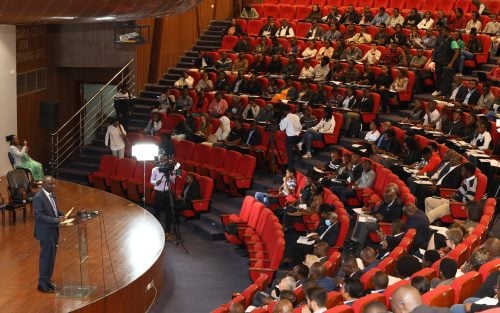
“Continued fiscal slippages or harsh austerity measures carry high economic and social costs,” Marek Hanusch, World Bank Lead Economist said.
“A sustainable path forward lies in comprehensive reform packages.”
The World Bank PFR assesses Kenya’s public finance management, offering recommendations to align fiscal strategies with development goals through improved revenue mobilization, expenditure efficiency, and debt management.
Author
Kenneth Mwenda
Kenneth Mwenda is a digital writer with over five years of experience. He graduated in February 2022 with a Bachelor of Commerce in Finance from The Co-operative University of Kenya. He has written news and feature stories for platforms such as Construction Review Online, Sports Brief, Briefly News, and Criptonizando. In 2023, he completed a course in Digital Investigation Techniques with AFP. He joined People Daily in May 2025. For inquiries, he can be reached at kenneth.mwenda@mediamax.ke.
View all posts by Kenneth Mwenda